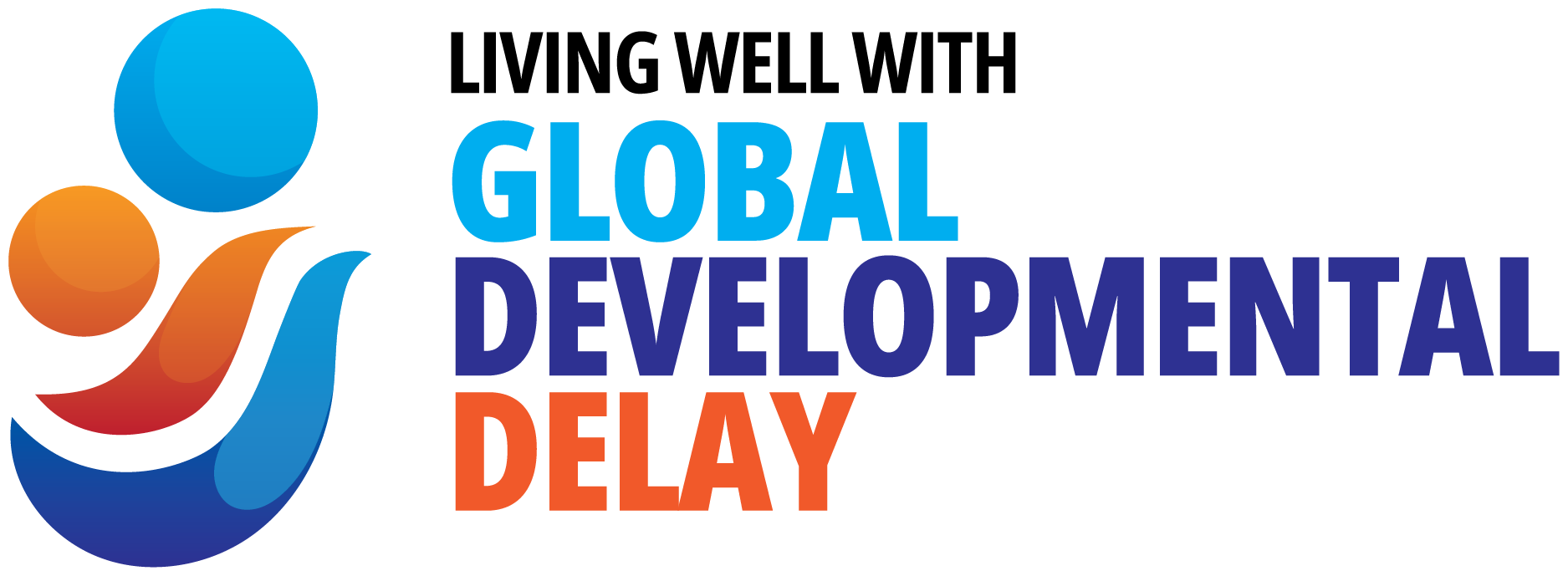Early Childhood Intervention Australia (2016). National Guidelines: Best Practice in Early Childhood Intervention. Sydney, NSW: Early Childhood Intervention Australia.
http://www.ecia.org.au/resources/best-practice-guidelines/national-guidelines-for-best-practice
Division for Early Childhood (2015). DEC Recommended Practices: Enhancing Services for Young Children with Disabilities and Their Families. Los Angeles, California: Division for Early Childhood.
Early Childhood Technical Assistance Centre (ECTA). Practice Improvement Tools: Family Practice Guides for Practitioners. Chapel Hill, North Carolina: Early Childhood Technical Assistance Centre, FPG Child Development Institute, University of North Carolina at Chapel Hill. https://ectacenter.org/decrp/topic-family.asp
Practitioner Family-Centered Practices for Working With Families
https://ectacenter.org/decrp/topic-family.asp#PGP_FAM1
Supporting Family Member Informed Decision Making
https://ectacenter.org/decrp/topic-family.asp#PGP_FAM2
Involving Families in Obtaining Supports and Resources
https://ectacenter.org/decrp/topic-family.asp#PGP_FAM3
Family Capacity Building in Early Childhood Intervention
https://ectacenter.org/decrp/topic-family.asp#PGP_FAM4
Ensher, G. and Clark, D.A. (2011). Relationship-Centered Practices in Early Childhood: Working with Families, Infants, and Young Children at Risk. Baltimore, Maryland: Paul H. Brookes.
Fialka, J. M., Feldman, A. K. and Mikus, K. C. (2012). Parents and professionals: Partnering for children with disabilities. Thousand Oaks, California: Corwin.
Keilty, B. (2016). The Early Intervention Guidebook for Families and Professionals: Partnering for Success (2nd. Ed.). New York: Teachers College Press.
Keilty, B., Kosaraju, S. and Levine, H. (2017). Seven Essentials for Family–Professional Partnerships in Early Intervention. New York: Teachers College Press.
Raver, S.A. and Childress, D.C. (2015). Family-Centered Early Intervention: Supporting Infants and Toddlers in Natural Environments. Baltimore, Maryland: Paul H. Brookes.
Rosenbaum, P. and Gorter, J.W. (2012). The ‘F-words’ in childhood disability: I swear this is how we should think! Child: Care, Health and Development, 38 (4): 457-463. doi: 10.1111/j.1365-2214.2011.01338.x.

